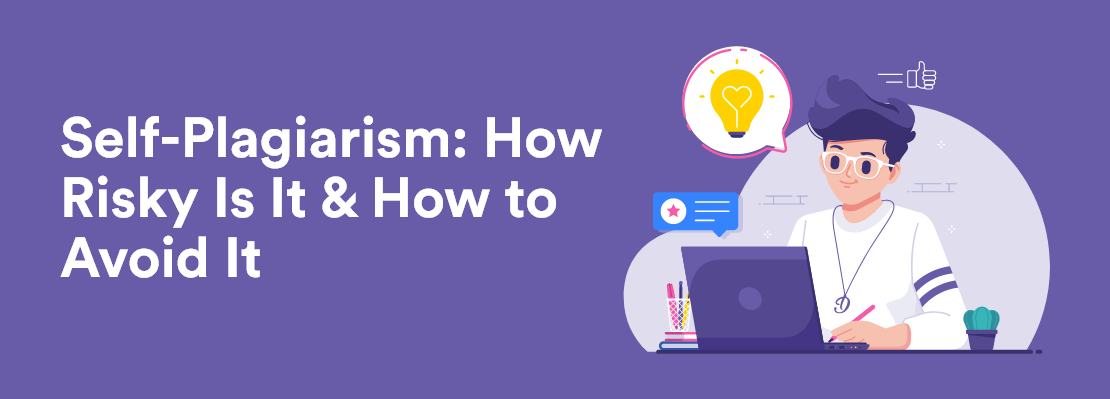
Writing inspiring and innovative content is an art. It is not as simple as it appears, as extensive learning and a firm grip on English grammar are essential to creating unique and desirable content. The ease in accessing the web and invention of modern facilities has made it straightforward for every individual to acquire any information from the web. However, a great number of individuals are also roaming around the web in hunt of exclusive and catchy content and copy-paste it in their own article without any permission. This unethical and illegal act of stealing someone’s content is known as plagiarism.
The word plagiarism is taken from “plagiarius,” which is used for the kidnapper in Latin. Similarly, the person who steals content from an online source without giving credits or any acknowledgment to the author is called a plagiarist. Plagiarism is a wide term that has various shapes and aspects. All types of plagiarism are unethical and cause serious damage to your fame and goodwill.
In this post, we will focus on self-plagiarism and how risky it is for a student or professional. Also, we are going to give some suggestions that will assist you in avoiding self-plagiarism.
Self-Plagiarism: A Brief Intro
Rephrasing or reusing someone’s published phrases or words into your own content is known as self-plagiarism. Although it is not stealing someone else’s content, it still comes under plagiarism, and you may have to face the consequences just like committing any other type of plagiarism.
Why is Self-Plagiarism Dangerous?
Plagiarism in any form is dangerous and leads you to some unexpected harmful situations. Many people have a misconception that self-plagiarism isn’t that harmful as you are copying your own content. But, this is completely wrong, as you will face similar penalties like any other plagiarism type.
For Academicians – Instructors or Supervisor Can Find Duplication
Many leading universities mostly have a no-tolerance policy for plagiarism and don’t tolerate any form of plagiarism at all. If a student believes that he will not be punished for self-plagiarizing a text, then he is living in a fantasy world. You may get an F grade from your professor or even get expelled for a whole semester for committing self-plagiarism.
As a researcher, you need to be more conscious when it comes to plagiarism. All your efforts and hard work may be wasted if your supervisor found duplication in your content. Therefore, it should be on your priority list to check for plagiarism before sending your articles to your teachers or instructors.
For Content Creators – Publishing Copyrighted Content is a Scam
The content writers are supposed to provide high-quality content that helps a site get a prominent place in the search engine result pages. A writer may be asked to create content about a similar topic repeatedly. You must understand that writing about the same topic is challenging, as you cannot repeat any sentence or phrase. Moreover, it is important to mention here that you are not allowed to use your published text in the new article, as Google will find it piracy, and you may have to face a penalty from Google like deindexing of a website. Your SERP ranking may also get disastrous results if Google finds plagiarism in your content.
How to Avoid Self-Plagiarism?
There are various ways that you can opt for to avoid plagiarism. The most effective ways of preventing plagiarism are mentioned here.
Double Check Before Publishing
The best way to avoid any kind of plagiarism, especially self-plagiarism, is proofreading. You can grab minor piracy by going through all the content attentively after completing it. Taking assistance from a third person is also a good approach to get the best results. Many professional writers hire individuals who proofread their content and find mistakes or duplication in their writing. However, it is suggested for students to take help from a mate to filter your article and detect any error in it.
Get Help from Online Plagiarism Checker
The utilization of an online facility will help and save you from making extensive efforts. There is a plethora of utilities available that can help you find self-plagiarism in content. These facilities have advanced algorithms at the backend that enable these tools to detect any piracy in content. The utilization of such online plagiarism checker will be beneficial in completing your tasks timely. Also, no manual efforts are needed to check for plagiarism in the content with the assistance of these online facilities.
At the End
Self-plagiarism is harmful, just like any other mode of plagiarism. People with the belief that self-plagiarism isn’t wrong, as you are copying your own content, mostly end up facing severe penalties. Search engines like Google consider self-plagiarism piracy and have the same punishments as it has for other types of plagiarism. All the information shared above will be helpful in getting familiar with the term self-plagiarism and the consequences you may have to bear due to it.
